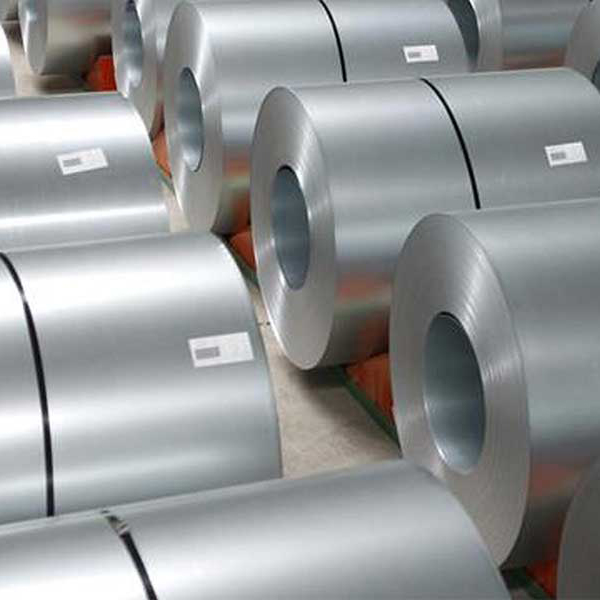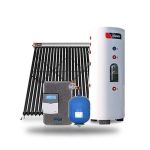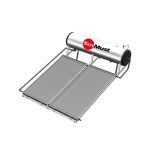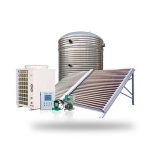What You Need to Know About 304 and 316 Stainless Steel
Stainless steel has a wide range of uses. As a result, it has become increasingly popular among solar water heater manufacturers due to its ability to meet their demand for increasing physical durability and environmental friendliness.
The presence of chromium provides stainless steel resistance to surface corrosion, with chromium oxide blocking the diffusion of oxygen throughout the steel surface.
Industrial Application of 304 Stainless Steel
Type 304 stainless steel provides corrosion and oxidation resistance, with the existence of chromium-nickel content establishing its alloy’s metallurgical features. Nickel composition helps extending the resistance to the corrosion caused by various reducing agents. The small carbon content in stainless steel offers great benefits for most service applications.
Type 304 has the ability to resist most oxidizing acids, as well as rusting. It can withstand effects of chemicals contained in hard water, making it suitable for manufacturing solar water heater components such as evacuated tubes, flat plate and water storage tanks. Using type 304 stainless steel to make these components not only enhances them with corrosion resistance, but also reduces production expenses due to its lower cost compared to other materials. This steel is durable, cost effective and recyclable.
With versatility and durability, it is also used in the production of electrical enclosures, kitchen equipments, piping, auto molding and trim, hose champs, exhaust manifolds, storage tanks, stainless hardware, and pressure vessels.
Industrial Application of 316 Stainless Steel
Type 316 is a super-austenitic stainless steel, with its excellent heat and corrosion resistance when compared to other types of chromium-nickel steels. It can withstand a number of chemicals from sea water, rainwater, de-icing salts or brine solutions. This unique characteristic is the result of its molybdenum content.
Many solar water heater manufacturers utilize type 316 because it can last in severe environmental conditions that require very high resistance to corrosion. It boasts its physical and mechanical properties on the production and assembly front, providing ease of production, excellent workability and weld-ability. It is highly durable, clean, easy to fabricate and has no surface treatment.
It is also widely used for pharmaceutical packages as it can prevent metallic contamination. In addition, it can resist a variety of chemical solutions such as sulfuric acid, bromides, chlorides, fatty acids, and iodides at high temperatures.
Conclusion
Types 304 and 316 stainless steels are mainly being used in manufacturing solar water heaters in many countries for environmental purpose and to encourage green energy production.
In many newly built and refurbished homes, people have installed solar panels for water heating necessity.
ANY PENDING QUERIES, PLEASE FEEL FREE TO CONTACT US:
Mobile: +86 180 0660 1051
Inquiry E-Mail: info@riwatt.com
Web:www.riwatt.com




Leave A Comment
Your email address will not be published.